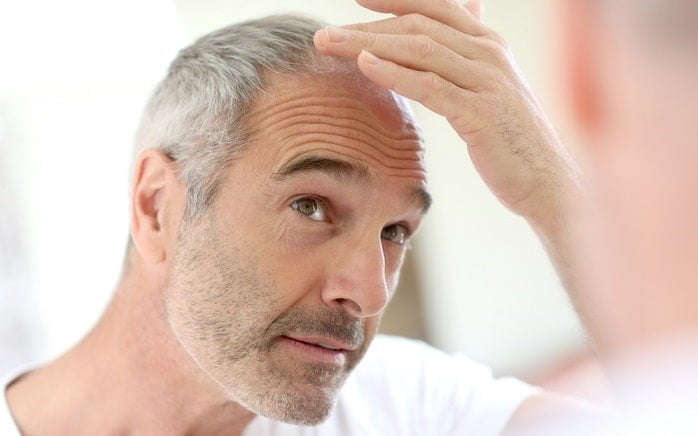When you are diagnosed with diabetes, you will likely experience different health complications. These medical dilemmas emerge when there is no treatment administered. With all the complications associated with diabetes, there is one condition that seems to be very common in both men and women. This condition is known as hair loss.
In medical explanations, diabetes refers to the body’s incapacity to produce and use insulin efficiently. If you haven’t known yet, insulin is a type of hormone that the body needs to control the levels of blood sugar. This hormone assists the body in moving the sugar compound from the bloodstream into the cells for energy use and consumption.
If, in any case, there is an imbalance in the supply of insulin in the body, most especially if its volume is lower than normal, a high amount of sugar can amplify within the bloodstream. Note that the blood vessels are necessary for transporting oxygen to different parts and organs of the body. If the blood vessels are being obstructed with too much sugar, the required oxygen in many body organs is not distributed, such as the skin and hair follicles. This phenomenon will likely have a negative impact on the cycle of hair growth, or in other terms, it can cause hair loss.
What is hair loss?
Considered natural due to a person’s age and life cycle, hair loss refers to the fall out of stands of hair, usually occurring on the scalp the head. Our hair follows different stages, with hair fall referred to as the final phase. While this may seem overwhelming, just like the life cycle of anything that lives, our hair is replaced with a new strand coming from the same follicle on the skin.
Aside from being a common occurrence, there are factors that cause this condition. The most common factor is stress, which affects hair growth and eventually, you’ll notice that strands are slowly falling out. Apart from stress, other factors may include hormonal imbalance and diabetes.
How is diabetes related to hair loss?
As mentioned, when there is a build-up of too much sugar in the bloodstream, inhibiting oxygen from supporting hair follicles and skin tissues, the process of hair growth becomes affected. This reasons out why diabetes is somehow linked with hair loss as the condition do not only impair the production of hair but also stops new hair from growing or forming. It basically impacts how the hair form from under the skin, causing it to halt its emergence on the skin surface, especially on the head’s scalp.
Other factors that contribute to hair loss are as follows:
- High levels of blood sugar/glucose – For individuals with diabetes, insulin treatment is a big factor in preventing health complications, such as hair loss. Note that when an individual experiences a surge of blood sugar levels, he/she becomes at risk of acquiring organ damage and tissue impairment, including hair loss, as it is associated with organ mishap.
- Stress – Stress and hormonal imbalance are somewhat linked to each other. When a person experiences stress, the hormones of the body fluctuate. This causes complications not just the emotional health of a person but also his/her physical well-being, which in return, can also lead to hair loss.
- Autoimmune disorder – When you say autoimmune disease, it is a type of condition where the body’s immune system mistakenly attacks the organs of its host. In terms of hair loss, the condition is known as alopecia areata. This condition mistakenly attacks hair follicles, which can lead to hair loss, appearing as patches on the skin.
What precautionary measures can be observed to avoid hair loss?
To begin with, the most recommended type of preventive measure to avoid hair loss is by providing treatment to its main cause or culprit. And if you are already diagnosed with diabetes, the best treatment is by insulin injections. It helps in controlling and managing diabetes, which also prevents other health complications from happening.
There are also other ways to avoid hair loss or hair fall. These are as follows:
- Topical drugs and pills are available to treat scalps and promote hair growth. Some of these drugs include Rogaine and Propecia. Steroid medicines are also applicable if inflammation happens, linking to hair loss.
- Consuming foods that are rich in Biotin is also a smart approach. This type of vitamin helps in slowing down hair loss, promoting hair growth and healthy scalps.
- Since hair loss can also cost you your confidence, hiding it from the general public helps. You can use wigs to do so. Although it is only temporary, it can still cover a smaller or larger area of hair loss.
If it is proven that hair loss is caused by diabetes, managing the condition is the right method. Note that diabetes management does not only involve the right type of food to eat. It also involves treating and taking the right measures to avoid other health complications induced by the condition.














